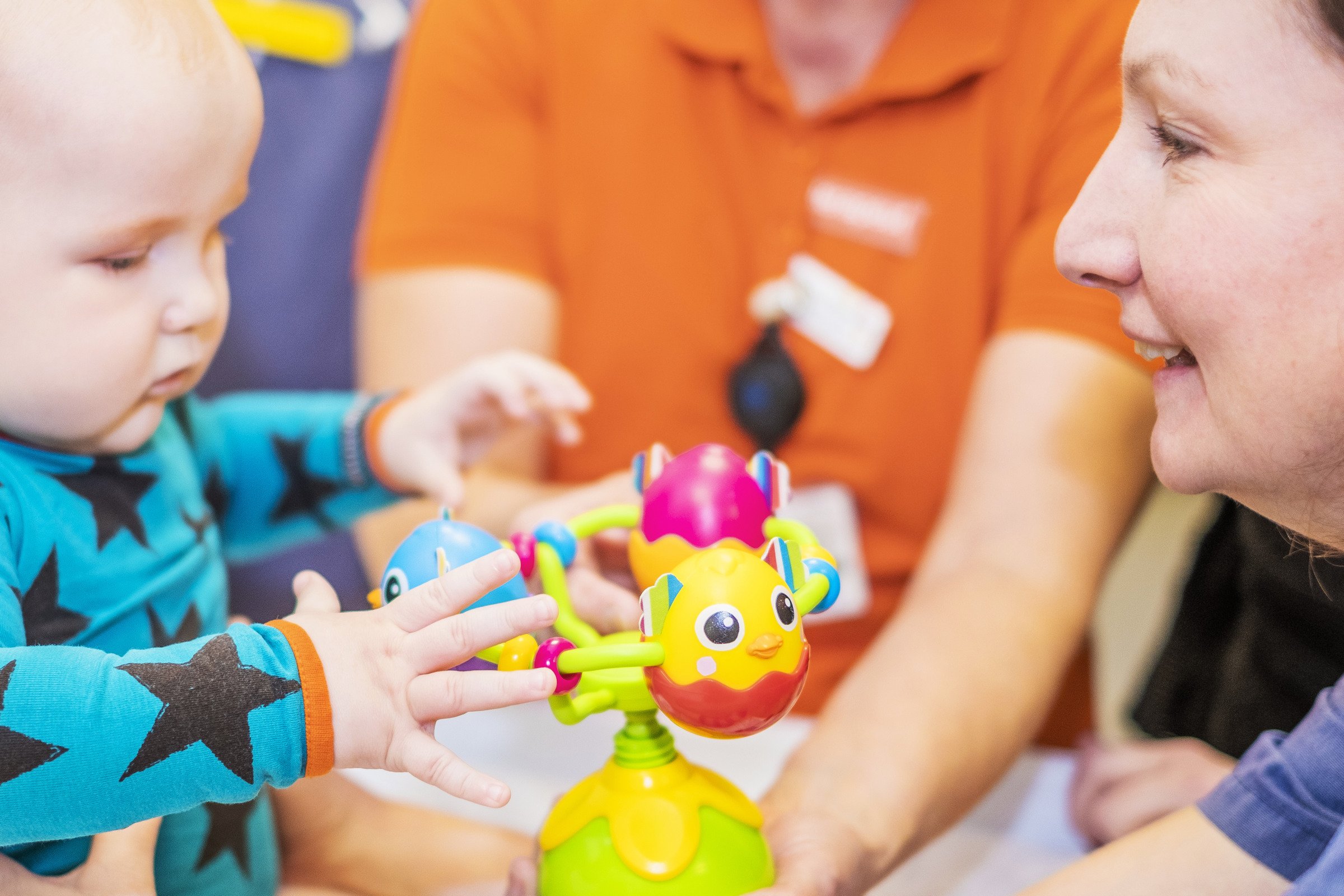Colorectal Conditions
At Karolinska, we work in multidisciplinary teams, including pediatric surgeons, pediatric urologists, and specialist nurses, to ensure the best possible care.
Children with colorectal conditions suffer not only due to physical problems but also because of psychosocial distress caused by the vulnerability they experience with this condition. Two of the several colorectal conditions we treat at Karolinska are Hirschsprung’s disease and anorectal malformations.
Pediatric Surgery
Our aim is to provide high-quality management, in collaboration with multiple specialties, of the most complex cases from the prenatal period to the transition to adult care. Pediatric SurgeryGastroenterology
Gastroenterology includes both upper abdominal surgery and lower abdominal surgery Gastroenterology
Center
Aiming to improve knowledge, competence, and care for all patients with rare diseases
The Astrid Lindgren Children’s Hospital is a part of Karolinska University Hospital, with facilities in several locations in Stockholm.
